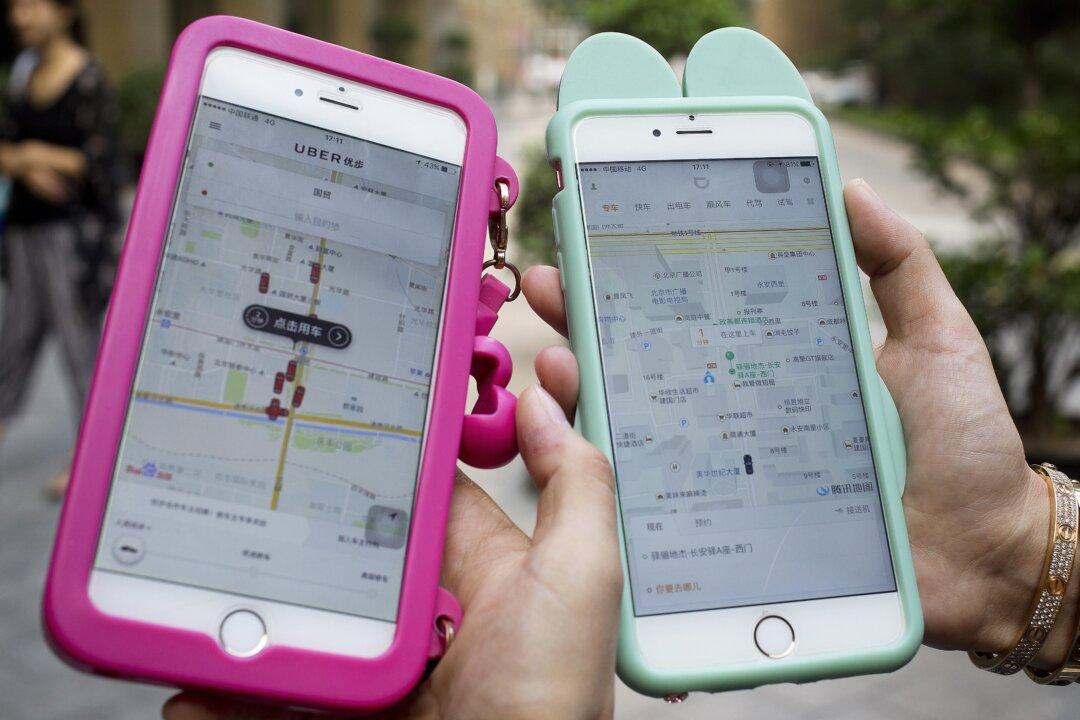San Francisco-based ride-hailing giant Uber Technologies Inc. gave up on competing in China after suffering heavy losses in its attempts to acquire market share in the country.
The company announced on Aug. 1 it is selling its Chinese arm to the biggest local rival Didi Chuxing (“Beep Beep Travel” in English), in a deal that would value the combined company at $35 billion.
Most of the people we asked for advice thought we were naive, crazy—or both.
, CEO, Uber





